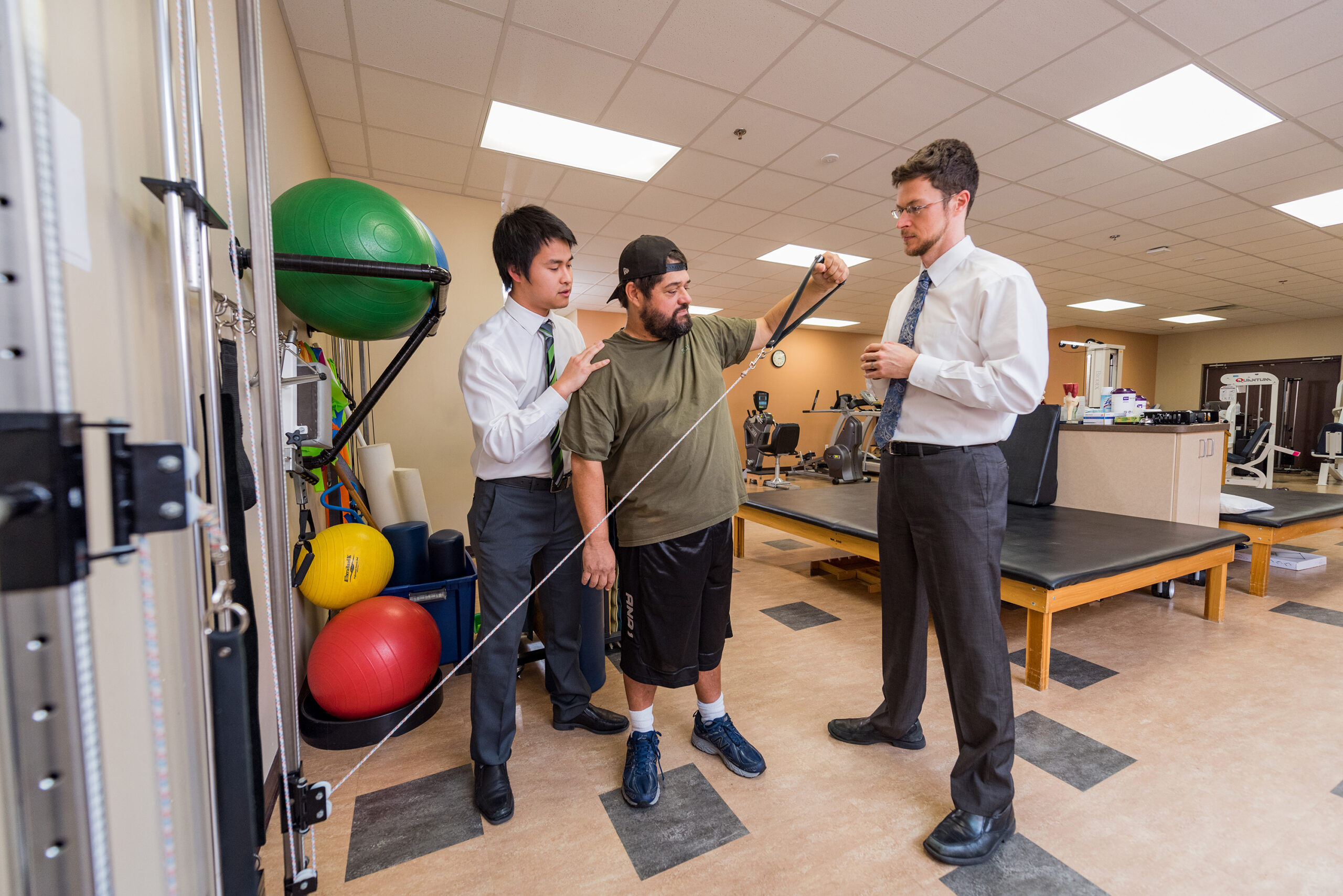The Crucial Effect of Strength Exercise on Enhancing Recovery and Effectiveness in Sports Recovery
The Crucial Effect of Strength Exercise on Enhancing Recovery and Effectiveness in Sports Recovery
Blog Article
Resistance training holds a crucial role in athletic recovery, helping sportspeople recover from injuries and enhance their general performance. When an athlete sustains injured, their body requires period to recover. However, during this rehabilitation period, it is essential to maintain strength and flexibility to prevent further damages. Strength conditioning can be customized to fit the requirements of each athlete, concentrating on specific muscular groups that may have been impacted by the trauma. This targeted method not only aids in rehabilitation but also readies the athlete to come back to their sport more robust than before.
One of the primary benefits of resistance training in recovery is its ability to improve muscle power and endurance. When muscular tissues are stronger, they can more effectively support articulations and reduce the chance of re-injury. For instance, an athlete healing from a knee trauma can benefit from workouts that fortify the quadriceps and back thigh muscles. These muscles play a crucial role in stabilizing the leg joint. By including strength conditioning into their rehabilitation plan, athletes can recover their strength more effectively and safely.
In addition to developing power, strength training also enhances flexibility and scope of motion. Many traumas can result to stiffness in the injured area, making it challenging for athletes to navigate freely. Resistance training workouts often include stretching and elongating the muscular tissues, which can help reestablish flexibility. For example, incorporating resistance straps or weights into flexibility routines can improve the effectiveness of these workouts. As flexibility enhances, individuals can perform actions more effectively, which is essential for peak performance in their activity.
Another important aspect of strength conditioning in athletic rehabilitation is its positive impact on psychological well-being. Healing from an injury can be a challenging and useful site frustrating process for individuals. Participating in strength conditioning can provide a sense of accomplishment and enhance self-esteem. As athletes see improvements in their strength and capabilities, they may experience more motivated to continue their rehabilitation process. This psychological uplift can be just as crucial as the bodily benefits, as a positive attitude can result to improved results in recovery.
Finally, strength training can assist individuals transition back to their sport more seamlessly. Once they have regained their strength and flexibility, individuals must to practice sport-specific movements to guarantee they are ready for competition. Strength conditioning can be combined with sport-specific drills to create a holistic recovery program. This combination allows individuals to not only heal but also enhance their capabilities. By concentrating on both recovery and performance, resistance training becomes an essential instrument in the rehabilitation journey, assisting individuals return to their activity more robust and more resilient.